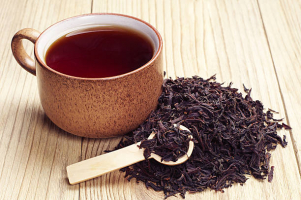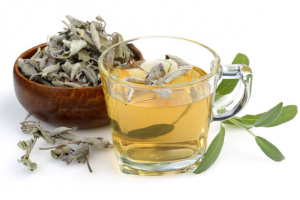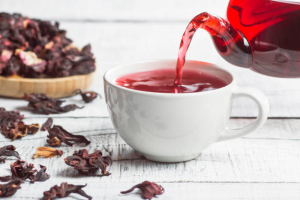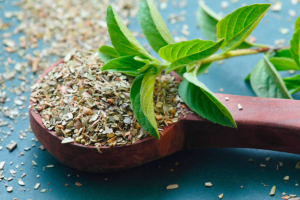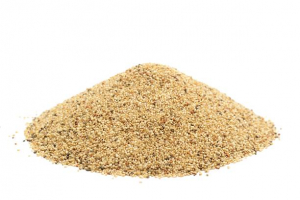Top 13 Health Benefits of Kombucha and Kombucha Tea
Tea that has been fermented for thousands of years is called kombucha. It not only offers the same health advantages as tea, but it is also a good source of ... read more...probiotics. Antioxidants, the ability to eradicate dangerous bacteria, and potential therapeutic benefits are all found in kombucha. Based on research, these are the greatest kombucha tea health advantages.
-
It's believed that kombucha first appeared in China or Japan. It is created by mixing particular strains of bacteria, yeast, and sugar with black or green tea and letting it ferment for a week or longer. A mushroom-like coating of bacteria and yeast develops on the liquid's surface during this process. This blob is a living symbiotic colony of bacteria and yeast, or a SCOBY, and may be utilized to ferment more kombucha, which is why kombucha is also referred to as "mushroom tea". Acetic acid, which is also present in vinegar, as well as a number of other acidic compounds, traces of alcohol, and gases that cause it to be carbonated, are all produced during the fermentation process.
In the mixture, a lot of microorganisms also proliferate. Although kombucha contains multiple types of lactic-acid bacteria that may have probiotic functions, there is yet no proof of its probiotic effects. Probiotics supply beneficial bacteria to your intestines. Numerous facets of health, including digestion, inflammation, and even weight reduction, can be improved by these bacteria. Because of this, incorporating drinks like kombucha into your diet may benefit your health in a variety of ways.

Potential Source of Probiotics 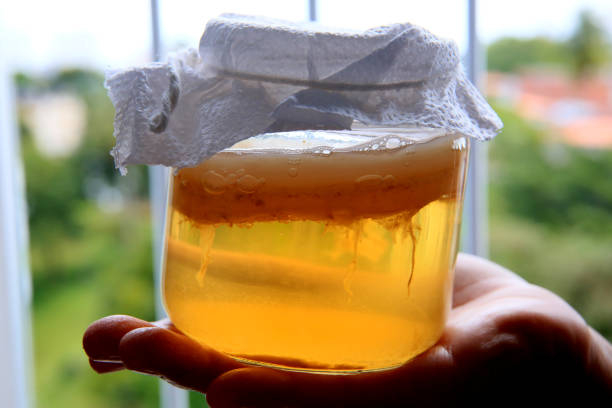
Potential Source of Probiotics -
One of the world's healthiest beverages is green tea. This is due to the fact that green tea includes a variety of bioactive substances, including polyphenols, which serve as potent antioxidants in the body. Many of the same plant chemicals are present in green tea kombucha, and it is likely that it offers some of the same advantages.
According to studies, drinking green tea daily can enhance your calorie burn, decrease belly fat, lower your cholesterol, improve blood sugar regulation, and more. Additionally, studies demonstrate a decreased incidence of prostate, breast, and colon cancers among green tea consumers. Kombucha made from green tea may offer many of the same health benefits as green tea itself, such as weight loss and blood sugar control.
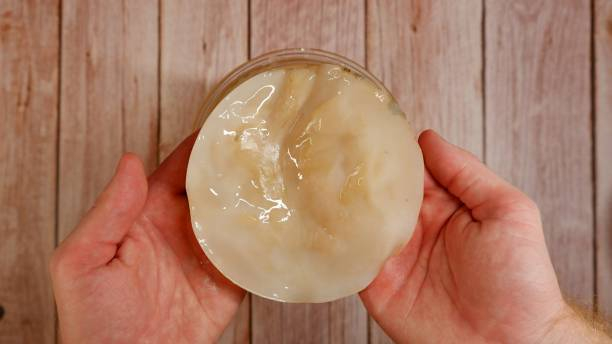
May Provide the Benefits of Green Tea 
May Provide the Benefits of Green Tea -
Antioxidants protect your cells from damage caused by free radicals, which are reactive chemicals. According to several scientists, antioxidants found in foods and beverages are healthier for you than antioxidant pills. Green tea-based kombucha, in particular, seems to provide liver-protective antioxidant properties.
In rat tests, kombucha consumption reliably lowers liver damage brought on by hazardous substances, in some cases by at least 70%. Although there are no human studies on this subject, it appears to be a potential field of study for those with liver illness. Kombucha is rich in antioxidants, and studies have shown that it protects rats’ livers from toxicity.

Contains Antioxidants 
Contains Antioxidants -
Acetic acid, which is prevalent in both vinegar and kombucha, is one of the primary byproducts of the fermentation process. Acetic acid has the ability to kill a variety of potentially hazardous microbes, much as the polyphenols in tea. Black or green tea-based kombucha appears to have potent antibacterial capabilities, especially against Candida yeasts and bacteria that cause infections.
These antimicrobial properties prevent the growth of undesired bacteria and yeasts, but they have no effect on the probiotic, kombucha-fermenting bacteria and yeasts. Kombucha is rich in tea polyphenols and acetic acid, which have both been shown to suppress the growth of undesirable bacteria and yeasts.

Can Kill Bacteria 
Can Kill Bacteria -
One of the main causes of death around the globe is cancer. Cell mutation and unchecked cell proliferation are its hallmarks. Because of its high content of antioxidants and tea polyphenols, kombucha has been shown in test-tube research to help stop the growth and spread of malignant cells. It is unclear how tea polyphenols' anti-cancer effects function. However, it's believed that polyphenols promote cancer cell death while also preventing cancer cell development and gene mutation.
This explains why tea drinkers are far less likely to get certain types of cancer. It hasn't been established, nevertheless, whether kombucha has any anti-cancer properties in people. More research is required.

May Help Protect Against Cancer 
May Help Protect Against Cancer -
Kombucha's benefits for gut health may also strengthen the immune system. It's crucial to understand how tightly connected the immune system and digestive system are; according to John Hopkins Medicine, the lining of the intestines produces antibodies that aid in protecting the body. According to a study, the gut houses a significant component of the immune system—more specifically, roughly 70% of it. A strong immune system is largely dependent on having a healthy gut. Due to the beneficial bacteria they contain, the fermenting bacteria in kombucha can increase immunity.
The main cause of death worldwide is heart disease. The "bad" LDL and "good" HDL cholesterol markers for heart disease can both be significantly improved by kombucha in as little as 30 days, according to tests on rats. Even more crucially, tea (particularly green tea) guards against the oxidation of LDL cholesterol particles, which is known to be a factor in heart disease. In fact, drinking green tea can reduce your risk of heart disease by up to 31%; this effect might also hold true for kombucha.

Strengthen the Immune System 
Strengthen the Immune System -
According to a June 2019 article in StatPearls, chronic inflammation plays a role in almost every disease, including heart disease, diabetes, arthritis, allergies, and respiratory conditions including chronic obstructive pulmonary disease (COPD). Although it isn't a first-line treatment for any chronic disease, kombucha may support your healthy diet, way of life, and medication schedule. That's because, in accordance with the Journal of Chemistry review, the teas used to manufacture kombucha include polyphenols, antioxidants that help reduce bodily inflammation.
Some gastrointestinal disorders, like inflammatory bowel illnesses, are caused by inflammation, and evidence suggests that low-grade inflammation may also play a role in irritable bowel syndrome. Gut dysbiosis, often known as an imbalance of healthy and harmful bacteria in the gut, maybe the cause of this inflammation. The Microbial Ecology in Health and Disease review proposes that when bad bacteria outnumber healthy bacteria, this causes an immune system reaction, and it is this response that causes inflammation.
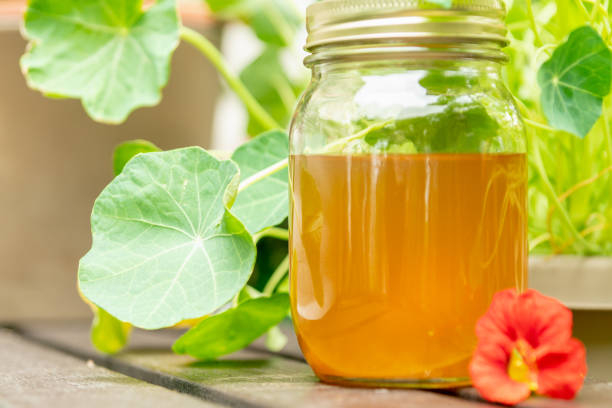
May Reduce Inflammation 
May Reduce Inflammation -
The Cleveland Clinic states that additional research is required before concluding that kombucha can balance healthy bacteria in the stomach and treat various gastrointestinal problems, despite being a possible source of probiotics.
A study that looked at the kombucha's microorganisms and was published in the journal Food Microbiology in April 2014 found that the beverage contained a "prominent lactobacillus population". Since kombucha contains the probiotic lactobacillus, it is conceivable that it will aid to regulate the digestive system and fend off infections and inflammation. And if so, the Cleveland Clinic reports that kombucha consumption may benefit irritable bowel syndrome, inflammatory bowel illnesses, bloating, and constipation.
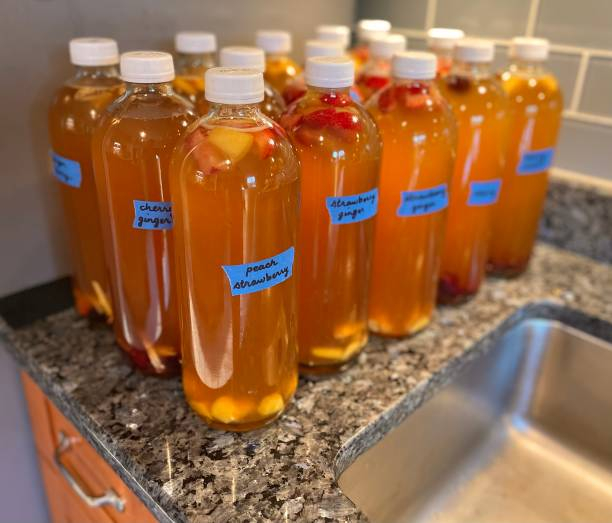
May Aid Constipation 
May Aid Constipation -
Anything that would speed up your metabolism will certainly be taken into consideration if you're trying to lose a few more pounds. Kombucha is not a magical beverage for losing weight. However, the epigallocatechin-3-gallate (EGCG) present in some varieties of kombucha and green tea may hold the key to a little quicker metabolism.
Catechin, or substance present in green tea, is EGCG. Catechins may increase adult metabolic rates, according to a review that appeared in the Journal of Nutritional Biochemistry in May 2017. The authors of the review indicate that more research is necessary to fully understand the effects of EGCG on metabolism because the already available studies on the subject are brief and insignificant.

May Help Boost Metabolism 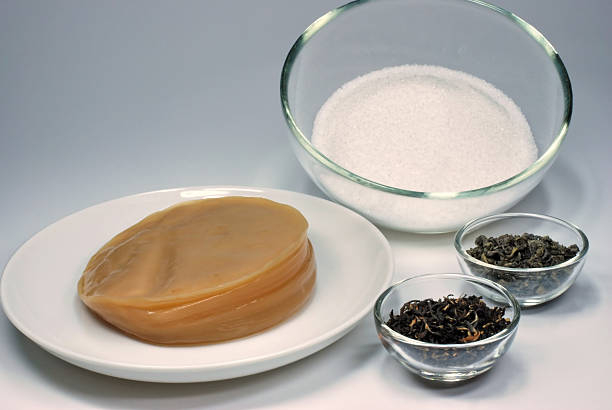
May Help Boost Metabolism -
The signs of depression might include a general sense of melancholy and hopelessness, however, they differ from person to person. According to the Mayo Clinic, depression can also lead to issues including low energy, inability to focus, and sleeplessness. According to the Mayo Clinic, however, kombucha may offer some assistance by increasing the synthesis of feel-good hormones like serotonin, which will improve your mood.
Studies explicitly connecting kombucha and depression have not been conducted. However, a review from February 2017 that was published in the Annals of General Psychiatry does suggest that some psychiatric disorders may be related to changes in the microbiome (the bacterial environment in the gut), so there is mounting evidence that probiotics may help alleviate symptoms of depression and anxiety.

May Aid Depression Treatment 
May Aid Depression Treatment -
The Centers for Disease Control and Prevention (CDC) state that cardiovascular health can be improved by adopting healthy lifestyle modifications despite the fact that heart disease raises the risk of stroke and heart attack. This includes eating a balanced diet that is rich in fruits, vegetables, whole grains, and lean proteins. Exercise, medication, and yes, even kombucha, should all be included.
According to studies published in the Journal of Chemistry, kombucha may have a favorable effect on cholesterol levels. According to the CDC, high cholesterol is one risk factor for heart disease. More studies on humans are required to verify kombucha's ability to lower cholesterol. But according to a study published in April 2015 in Pharmaceutical Biology, rats administered kombucha showed lower levels of LDL ("bad") cholesterol) and higher levels of HDL ("good") cholesterol). More research is needed, but future studies could similarly reveal that kombucha improves cholesterol levels in humans.
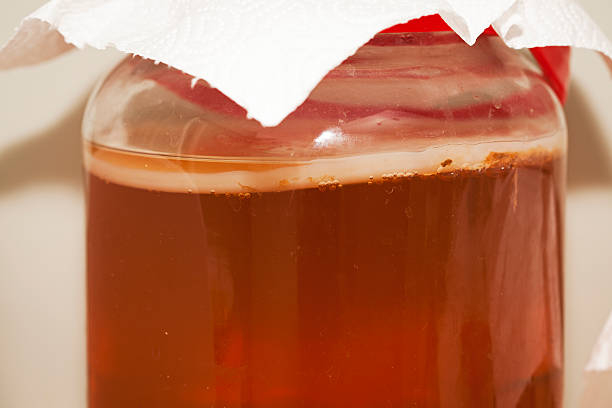
May Boost Cardiovascular Health 
May Boost Cardiovascular Health -
If you prefer soda or juice but want a drink with fewer calories and less sugar to help you lose or maintain your weight, kombucha can be a good alternative. Sugar contains a lot of empty calories, which increases the likelihood that you'll gain weight if you consume it in excess. Keep in mind that kombucha contains sugar (most of the sugar is fermented, but some remain in the final product). However, a regular beverage may only include 6 to 8 grams (g) per serving, according to Boston-based Rebecca Stib, RDN, who is also the co-founder of Nutritious Gifts.
According to the website for the kombucha brand GTS, an 8-ounce container of organic, raw kombucha can include 30 calories and 8 grams of sugar. On the other hand, the Coca-Cola website estimates that 8 ounces of soda can include 60 calories and 16 g of sugar.

Help Maintain Healthy Weight 
Help Maintain Healthy Weight -
Additionally advantageous to people with diabetes or insulin resistance is kombucha consumption. According to a study, the tea can block -amylase, a pancreatic protein that raises postprandial (after meal) glucose levels. The Pharmaceutical Biology study found that after 30 days, kombucha had a therapeutic impact on diabetic rats and also enhanced liver and kidney function.
The results raise the possibility that, in the future, kombucha may be used to treat diabetes in addition to more conventional methods including weight loss, diet, exercise, oral drugs, and insulin. However, more research is required.

Lowering Blood Sugar 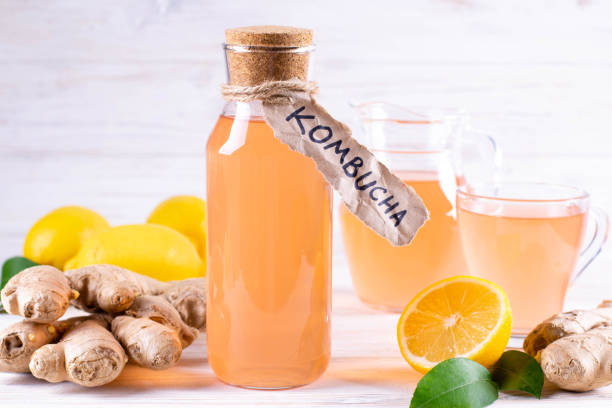
Lowering Blood Sugar
















